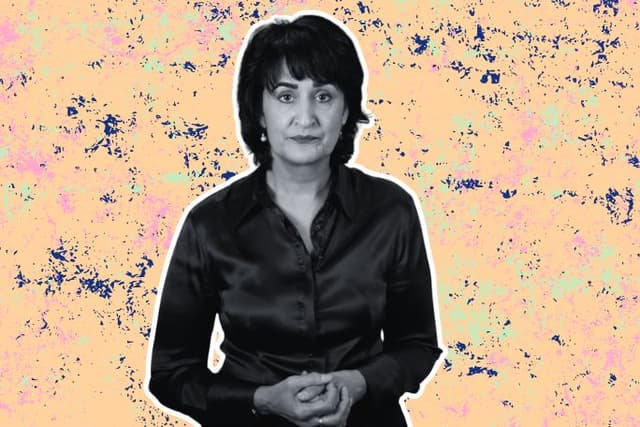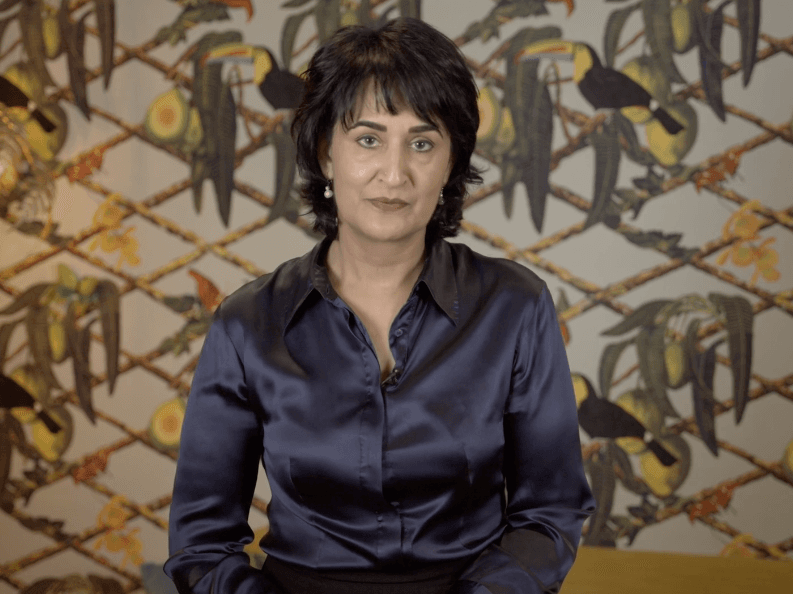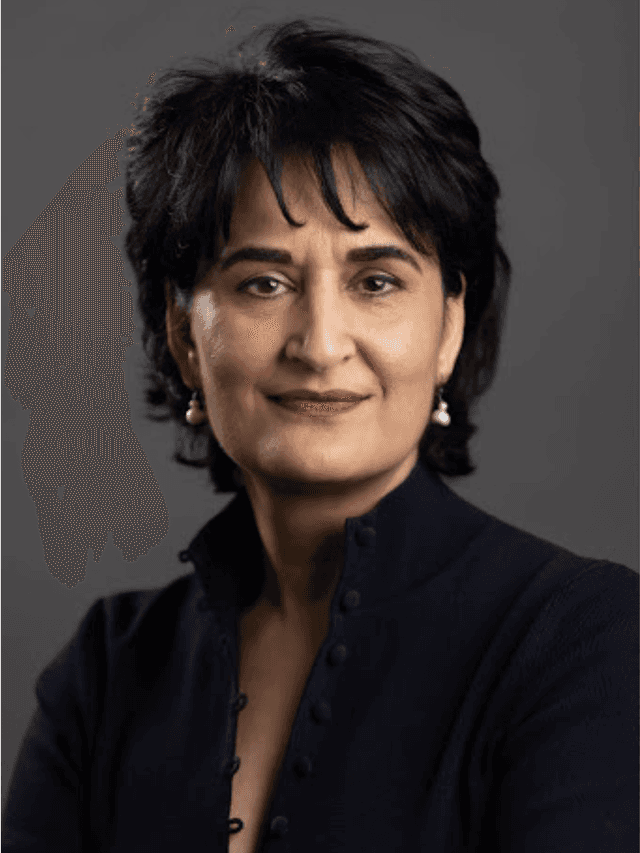
Navigating Conversations with Believers of Conspiracy Theories
Go to
Course Summary
Course Content

Navigating Conversations with Believers of Conspiracy Theories
Intro
What are conspiracy theories?
Why do people believe conspiracy theories?
Why conspiracy theories can be dangerous
Understanding confirmation bias
What to be aware of before starting a conversation
How to talk to someone you want to help
Provide more information
Things you should avoid doing
It takes time and patience
Do people really escape the rabbit hole?
Reflection
Congratulations
Course Writers

Sushi Das is an award-winning journalist and lecturer with RMIT University’s Information Integrity Hub. For more than 20 years, she worked as a journalist for The Age newspaper in senior editorial positions, including news editor and opinion editor. More recently, she was Head of Fact-Checking at RMIT, where she led a team of fact-checkers who worked in partnership with Meta to verify inaccurate and misleading information on social media platforms. She lectures in journalism and produces educational resources to help build resilience against false and misleading information that can undermine democracy and cause serious harm to people’s health and finances. Sushi is also researching fact-checking for her PhD.